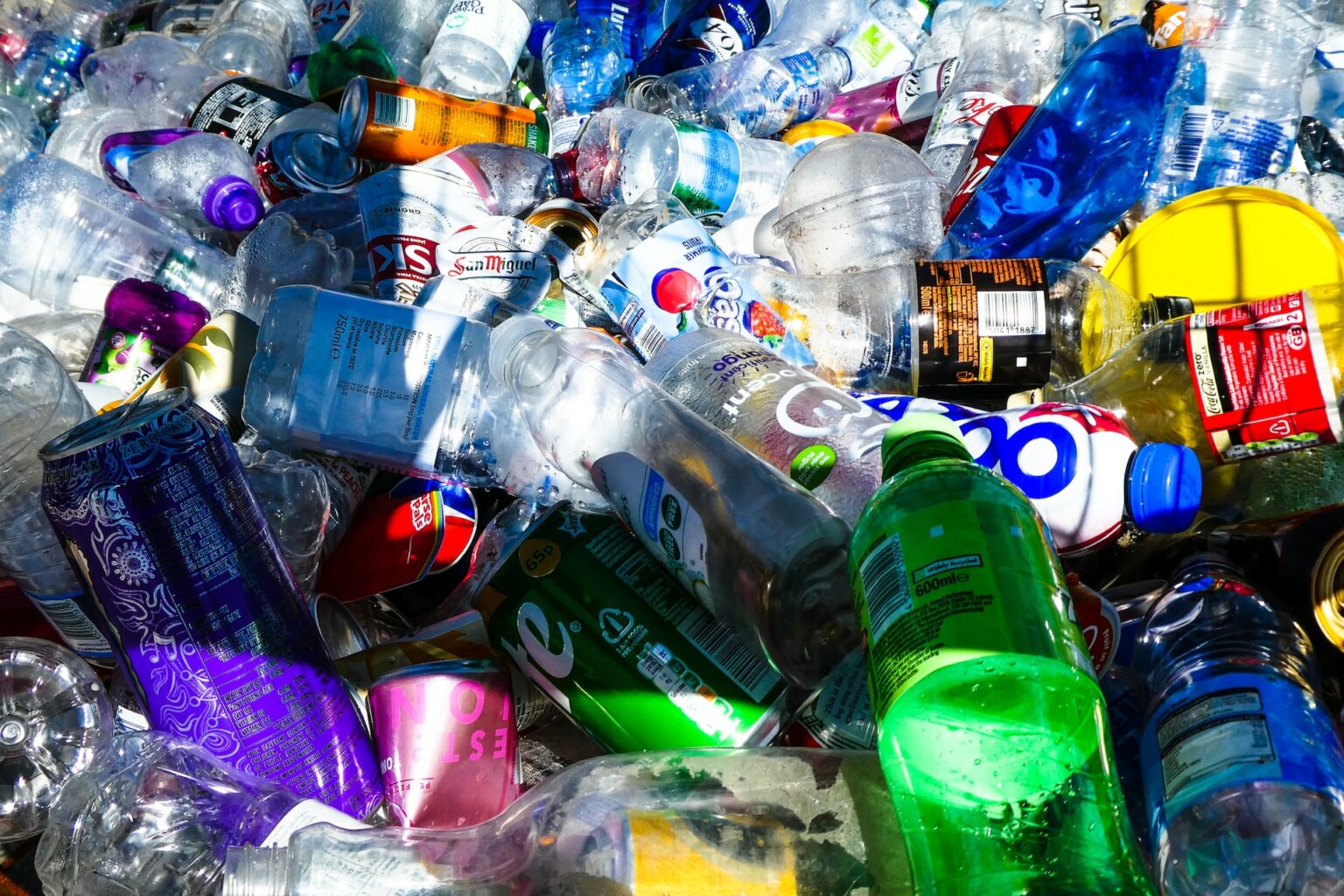- About
- Topics
- Picks
- Audio
- Story
- In-Depth
- Opinion
- News
- Donate
-
Signup for our newsletterOur Editors' Best Picks.Send
Read, Debate: Engage.
| topic: | Pollution |
|---|---|
| located: | India |
| editor: | Bindu Gopal Rao |
India is facing a serious issue as it grapples with finding a solution to waste management. The country's population generates 62 million tonnes of waste annually. Only 70% is collected, and 12 million tonnes are treated. Unfortunately, 31 million tonnes still end up in landfills. Solid municipal waste is expected to rise to 165 million tonnes by 2030. The numbers indeed indicate that this is a huge issue to tackle.
The Union Ministry of Environment, Forests, and Climate Change controls waste management in India, and related laws are framed according to the Environment Protection Act of 1986.
Rapid urbanisation is one of the primary reasons for the surge in solid waste production. As more and more people move from rural to urban areas, India's cities are becoming overloaded with people, leading to a steady rise in population and waste generation.
Waste disposal is a problem, as cities lack adequate garbage collection infrastructure. Though waste segregation is mandated in several states, only about 30% of waste is sorted correctly, meaning plastic ends up in landfills instead of being recycled.
Yet many solutions to the waste management problem are hiding in plain sight. A white paper presented at a two-day waste management workshop earlier this year indicated that the waste in India could produce up to 65 GW of electricity per annum. This figure could grow to 165 GW by 2030 and 436 GW by 2050.
While local bodies and corporation offices oversee waste collection, one line of thought advocates a decentralised waste management model looking at privatising garbage collection, and another involves local communities taking charge of waste treatment and promoting recycling.
While technology can help, especially RFID-enabled monitoring and GPS tracking, for efficient waste management, strict implementation of waste management rules will ensure that severe penalties are levied for noncompliance.
An aggressive public awareness program to educate people through community and self-help groups about segregation, composting and recycling waste could also make a big difference.
Image by John Cameron.

